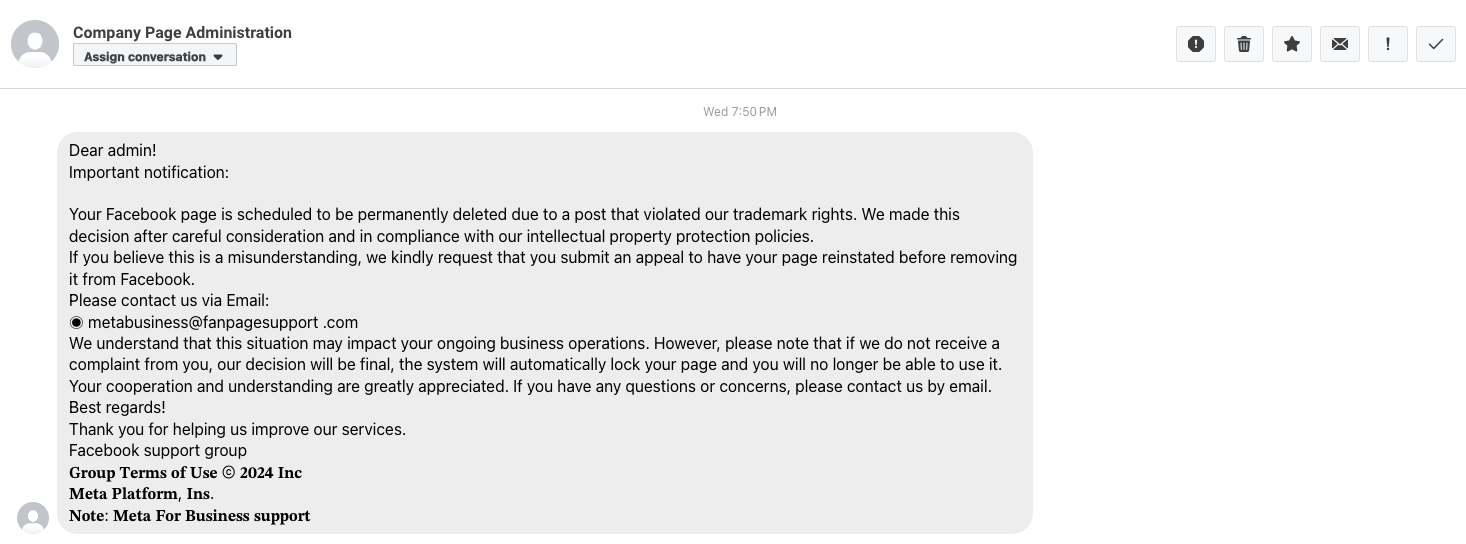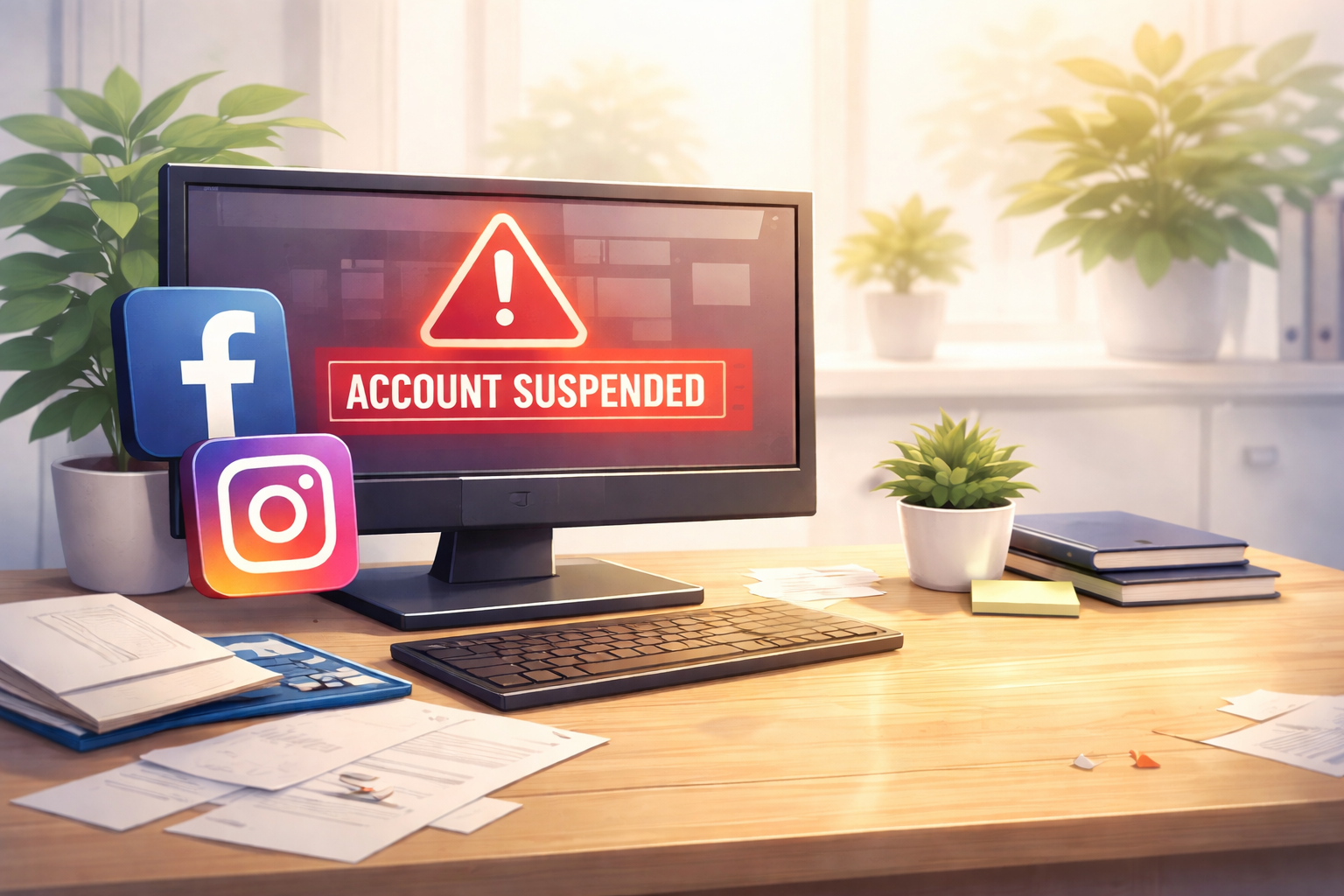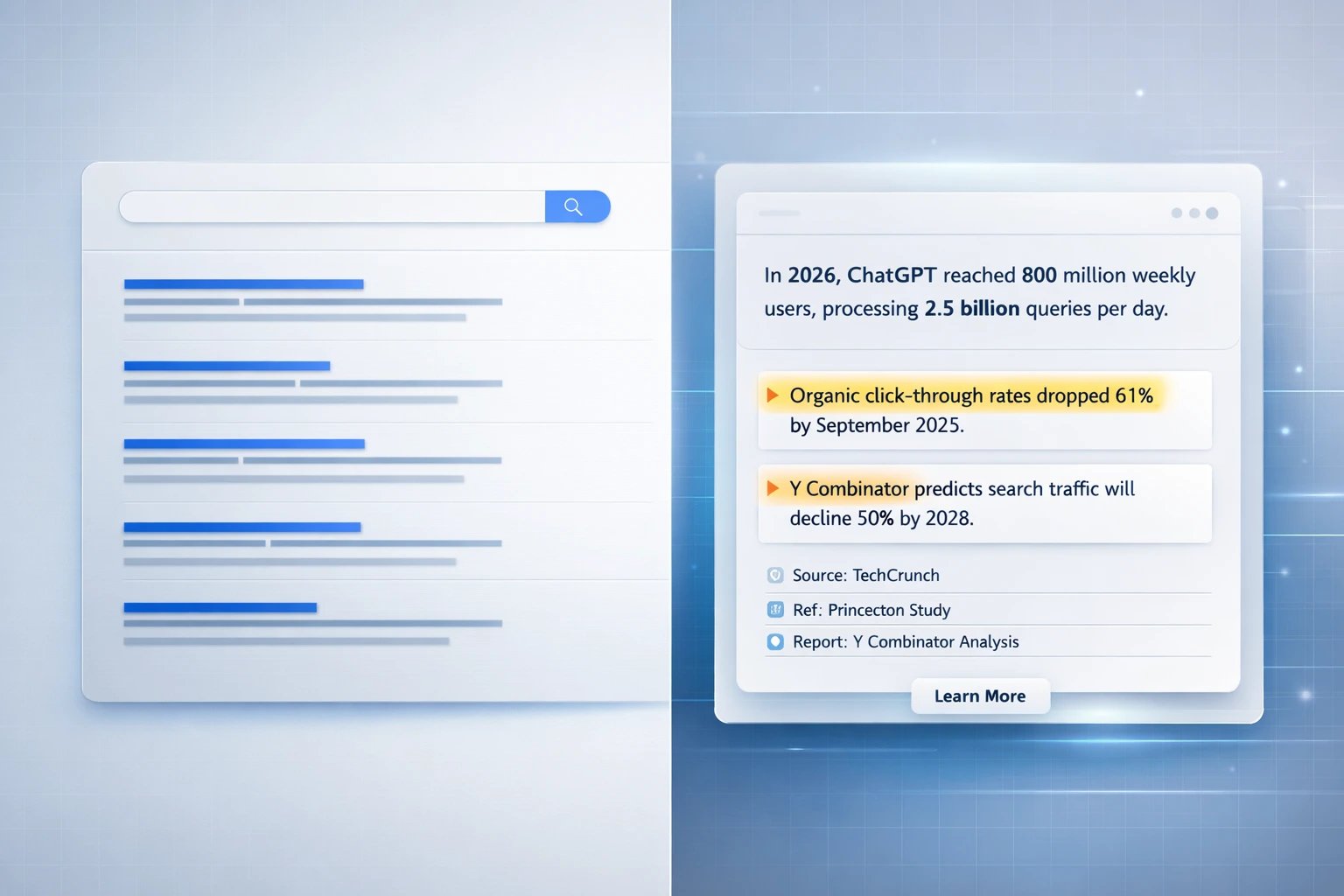In today’s interconnected world, emails from platforms like Facebook are a common part of our routine. However, not every email claiming to be from Facebook truly is. With phishing scams on the rise, distinguishing between genuine communications and fraudulent ones is essential for protecting your personal information and digital identity.
In this article, we delve into how you can identify fake emails from Facebook and respond appropriately to safeguard against potential scams. By enhancing your awareness and adopting vigilant practices, you can navigate online with greater security.
The Temptation to Click
Encountering an email that jolts you with claims of account jeopardy can prompt an immediate, panic-driven reaction. The immediate, fear-driven impulse to click on a link within such an email is exactly what scammers bank on, and how they gain access to your accounts. Before you click, take a breath and assess the email’s authenticity using the methods detailed below.
Verify the Sender’s Email Address
Validating the sender’s address remains a cornerstone in identifying phishing emails. This section provides an extended list of official Facebook and Meta email addresses and domains. Awareness of these can significantly reduce the chances of falling for scams. It’s essential to remember that any communication not originating from these verified sources should be regarded with skepticism and caution:
Below is a list of official email addresses and domains that Meta (Facebook) uses when communicating with advertisers:
- notification@facebookmail.com
- security@facebookmail.com (for security-related notifications)
- privacy@facebookmail.com (for privacy concerns and issues)
- info@business.fb.com (for business and advertising inquiries)
- support@meta.com (for general support queries from Meta)
- notification@facebookmail.com
- noreply@facebookmail.com
- advertise-noreply@facebookmail.com
- update@em.facebookmail.com
Watch for Red Flags in the Text
Phishing emails often betray themselves through poor language quality, including grammar mistakes, typos, and odd phrasing. Official communications from Facebook are professionally written and largely error-free. Spotting language that seems out of place or overly urgent can be a telltale sign of a scam.
Examine the Domain
Scammers may attempt to mimic legitimate domains to trick unsuspecting users. An in-depth look at the email address, especially the domain and subdomain, can reveal inconsistencies. Official Facebook communications will only come from a handful of verified domains, making any others suspect.
This is a list of all the official Facebook email domains:
- @business.fb.com
- @support.facebook.com
- @fb.com
- @meta.com
- @mediapartnerships.fb.com
- @facebookmail.com
- @em.facebookmail.com
The Safest Route: Log in Directly
Should you doubt an email’s authenticity, avoid clicking on any embedded links. Instead, log into your Facebook account directly through its website or app. Any legitimate issues or notifications concerning your account will be available there, ensuring you remain within the secure environment of the official platform.
Facebook Message Spam Warning
Beware of Account Removal Threats via Facebook Message
A troubling trend has emerged with spammers and scammers exploiting Facebook’s messaging service to send alarming notifications. These messages claim that your account will be removed or suspended due to violations of Facebook’s terms of service unless immediate action is taken. These threats often include a link that supposedly leads to the resolution but instead directs you to a phishing site or installs malware on your device.
To combat this, never click on links in unsolicited messages. If you receive such threats, report the message to Facebook through the official reporting channels. Always access your Facebook account directly through the official app or website to verify any claims of account issues.
Staying Informed and Vigilant
In sum, navigating the internet with confidence requires not only an awareness of cybersecurity but also an active engagement in protecting oneself from phishing scams. This article has laid out the steps to distinguish genuine communications from phishing attempts and the issue of Facebook message spam that threatens users with account removal.
Watch Our Informative Video: For those who prefer a more interactive approach to learning, we invite you to watch our detailed video on spotting fake Facebook emails and protecting your digital presence. This visual guide provides clear, easy-to-follow advice and reinforces the importance of staying vigilant in the digital landscape.
Need Personal Assistance? Get In Touch if you find yourself struggling to identify phishing attempts or if you’re concerned about the security of your Facebook account, do not hesitate to reach out. Our team at StubGroup is dedicated to assisting individuals and businesses in navigating these challenges. Contact us for personalized support and strategies to ensure your online safety.
Remember, in the digital world, being informed and cautious is your best defense. Stay updated, remain vigilant, and whenever in doubt, seek professional advice. Together, we can create a safer digital environment for all.







